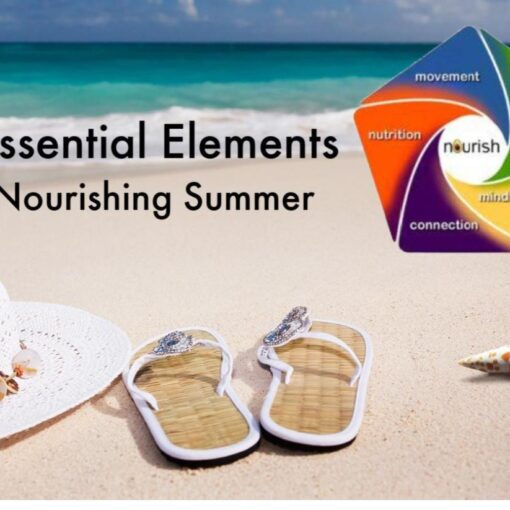We can’t say it enough . . . eat the whole egg!
Protein is important. That message is loud and clear. When we talk about what we’re having for dinner, we don’t say, “green beans, rice, and maybe some chicken.” We would almost always say, “chicken with green beans and rice.” Our protein takes the main stage. And when “experts” tell us of ways to get in more protein, without added calories or fat, one of the most popular dietary suggestions is egg whites.
Of course, the white of the egg is where the majority of the protein is (60%) with very little fat (only 10% of the whole egg). And egg yolks do contain the controversial, yet essential nutrient, cholesterol.
BUT
The cholesterol in eggs doesn’t seem to raise cholesterol levels the way other cholesterol-containing foods do (trans and saturated fats) and, of course, the role sugar plays in our cholesterol and triglyceride numbers.
Through the years, you’ve probably heard that some studies found a link between eggs and heart disease. What isn’t necessarily taken into consideration in these studies is that there may be other reasons for these findings. Think about the typical foods people eat with eggs: bacon, sausage, ham, fried potatoes, etc. These foods, high in trans and saturated fats almost definitely raise heart disease risk much more than eggs do, especially if the eggs themselves are fried in highly processed oil. Of course, it’s difficult for researchers to separate out the possible role of other foods in these studies.
What about butter? We love butter.
Butter is a real, whole food. It’s a flavorful, rich fat that has many calories. So enjoy it in moderation (and buy organic whenever possible).
We are NOT about demonizing any food. There is no one real, whole food that is necessarily unhealthy. We take a wholistic approach to how we eat and live, not isolating food by itself. We must take into account our level of stress and movement, our quality and amount of sleep and our support and connection with others. Studies can’t separate out these things when they are studying the effects of diet on any one individual. And, of course, we can find studies to validate what we want to hear, as there are so many different ones saying opposing things.
The French Paradox
Most of us are familiar with the “French paradox,” which is (according to Wikipedia) “the observation that French people have a relatively low incidence of coronary heart disease, while having a diet relatively rich in saturated fats, in apparent contradiction to the widely held belief that the high consumption of such fats is a risk factor for coronary heart disease.” The paradox ends up not really being paradoxical when also observing the lifestyle habits of the average, traditional French person who is typically more active, eats more real, whole foods with lots of plants, and has a strong sense of community and connection.
Also, according to World’s Healthiest Foods “several recent large-scale diet studies suggest that the cholesterol content of an egg may be less of a concern in relation to heart disease than previously thought. In these studies, no increased risk of either heart attack or stroke was shown with intake of one to six eggs per week. (One exception involved participants with type 2 diabetes, whose risk of heart problems was associated with egg intake, even in the range of one to six eggs per week.) Equally interesting was the link between egg intake and increased levels of HDL cholesterol (the “good” cholesterol) in participants. Not only did egg intake increase the number of HDL molecules, it also improved their composition and allowed them to function more effectively.”
In addition to that tidbit of information, another super important nutrient that most people are deficient in, Omega 3 fats, is found exclusively and significantly in the yolk of the egg (not the egg white).
Eggs are an amazing source of a plethora of nutrients: protein, magnesium, potassium, sodium, vitamins B1, B2, B3, omega-3 fats, vitamins A, D, E, K, carotenoids, vitamins B5, B6, B12, folate, choline, calcium, phosphorus, zinc, copper, iron, manganese, biotin, and selenium (antioxidants). These nutrients are distributed fairly evenly between the yolk and the white. There is a synergy within the egg between these nutrients and how they are assimilated into our bodies when we eat them. They work together, making our digestive system absorb them more completely. Of course, this is also true with all whole, real foods.
This is why we so strongly believe that you should eat the WHOLE EGG.
Eggs’ extensive nourishment, along with their unique combination of nutrients with relatively low caloric value are one of our favorite and highly recommended real whole foods. Including them in a high-fiber (especially dark leafy greens), plant-dominated way of eating can be a wonderfully health elevating habit.
NOTE: We can’t stress more that the quality of your foods have a huge effect on the nourishment they provide. Buying pasture-raised chicken eggs, preferably organic, will give you the highest possible nutrient content.






